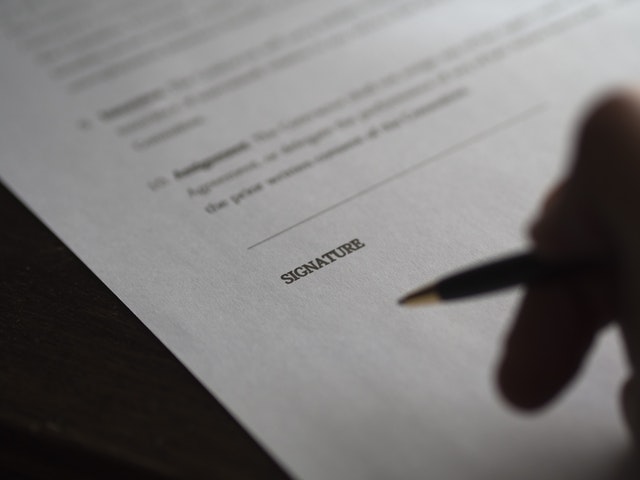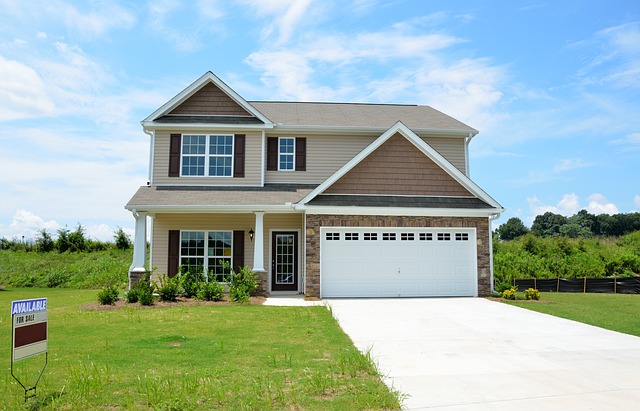Making Money Buying Homes And More From Estate Sales
 An estate sale is the sale of the property owned by a person after a person dies. This sale may include real property, such as a home, and personal property, such as the home’s contents.
An estate sale is the sale of the property owned by a person after a person dies. This sale may include real property, such as a home, and personal property, such as the home’s contents.
There are two ways to buy property through an estate sale. One way is to buy it from the person who inherited the property. The other way is to buy it from the estate through the executor of the estate. The executor is the person with the legal authority to dispose of the estate’s assets according to the last will and testament of the person who died.
The executor of the estate may be working with the state authorities in a probate court if the estate is in probate. Probate is an action by law that occurs automatically if the person died without leaving a will. Probate legal proceedings may also happen if the beneficiaries of an estate dispute a will that exists.
Opportunities In Estate Sales
Usually, the property purchased from an estate sale is available at a discount from its market value. Sometimes, this discount may be significant. When a person buys a home sold this way, the purchase is usually on an “as-is” basis. That means the buyer takes all the risk when acquiring the property. The buyer may have to make significant repairs to the property if it needs them.
For this reason, the price of these estate homes is often much less than their market value. Moreover, when buying the contents of the home, it is possible to find treasures in the contents. Unfortunately, it is also possible to find only trash and junk that costs more to remove and throw out than it is worth.
Disadvantages Of Property Acquisition Through Estate Sales
The main disadvantage is buying something without really knowing what it is worth or having a complete evaluation of its condition.
Other disadvantages are that if the sale goes through probate, it may take a very long time to close, perhaps up to a year or more. There is a need to check all the familial circumstances, the legal title, and the will carefully. Otherwise, there may be legal complications and claims of ownership even after the property is acquired.
This is why having competent legal counsel to review a deal before making the purchase is critical. Nobody wants to buy a property that brings them into a lawsuit.
Finding Estate Sales
If a disputed will, or the lack thereof, puts a property through a legal probate process, then this is part of the public records. These records are available to anyone who wants to look at the information. Properties may be put up for public auction as part of the probate process.
For properties sold through the executor for the purpose of dividing up the proceeds among the heirs, they can be found by reading the obituaries and making contact with the executor after a person died.
Summary
Buying property through an estate sale may be very profitable. Many specialists make their careers in real estate investing based on these opportunities. To be successful in this effort requires patience and careful attention to details with competent legal support.
Whether you are interested in buying a home through an estate sale or a more traditional sale, be sure to get your pre-approval for financing in place with your trusted home mortgage professional well before you place an offer.

 For those who have less than a stellar credit history; yet, who still want to have their own home, a rent-to-own option is worth considering. A rent-to-own (RTO) agreement is a hybrid between buying a home and renting a home.
For those who have less than a stellar credit history; yet, who still want to have their own home, a rent-to-own option is worth considering. A rent-to-own (RTO) agreement is a hybrid between buying a home and renting a home. Hunting for your new home can be a confusing process. There are countless factors you need to take into account to ensure your new location fits your family’s lifestyle and preferences. In their excitement, first-time home buyers can easily overlook some essential points about their potential property.
Hunting for your new home can be a confusing process. There are countless factors you need to take into account to ensure your new location fits your family’s lifestyle and preferences. In their excitement, first-time home buyers can easily overlook some essential points about their potential property.